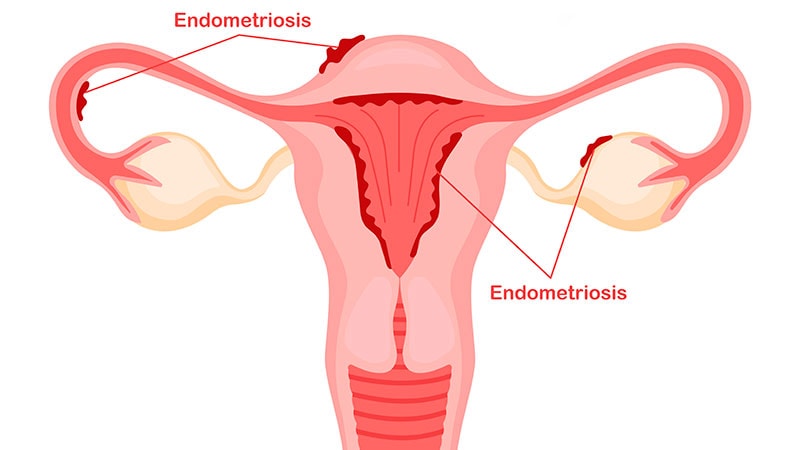Takeaway
- In patients with septic shock, combination of intravenous (IV) vitamin C, hydrocortisone and thiamine over 7 years did not improve the duration of time alive and free of vasopressor administration compared with IV hydrocortisone alone.
Why this matters
- Finding suggests that intravenous vitamin C, hydrocortisone, and thiamine does not lead to a more rapid resolution of septic shock vs IV hydrocortisone alone.
Study design
- The VITAMINS study of 211 patients with septic shock who were randomly assigned to either intervention group (n=107; IV vitamin C [1.5 g every 6 hours]+hydrocortisone [50 mg every 6 hours]+thiamine [200 mg every 12 hours]) or control group (n=104; IV hydrocortisone, 50 mg every 6 hours) until shock resolution or up to 10 days.
- Primary outcomes: duration of time alive and free of vasopressor administration up to 7 days.
- Funding: Alfred Research Trusts Small Project Grant and others.
Key results
- Intervention vs control group did not show improvement in time alive and vasopressor free up to day 7 (122.1 hours vs 124.6 hours; median differences, −0.6 [95% CI, −8.3 to 7.2] hours; P=.83).
- No significant difference was observed between intervention and control groups in:
- 28-day (P=.69), 90-day (P=.51), intensive care unit (ICU; P=.80) and hospital mortality (P=.60);
- 28-day cumulative vasopressor-free days (P=.66), cumulative mechanical ventilation-free days (P=.73) and renal replacement therapy-free days (P=.71);
- change in sequential organ failure assessment score at day 3 (P=.02);
- 28-day ICU-free days (P=.66); and
- hospital length of stay (P=.75).
- No serious adverse event was reported between the groups.
Limitations
- Risk of bias.
- Individual effects of vitamin C and thiamine were not evaluated.
References
References



